Keywords: Economic Benefits
There are more than 200 results, only the first 200 are displayed here.
-

RELIGION
- Andrew Hamilton
- 23 July 2020
15 Comments
For the Life of the World is recent document prepared by Orthodox clerical and lay scholars and ratified by the Ecumenical Patriarch of Constantinople that challenges perceptions. Based strongly in the faith of the church and addressed primarily to members of the Orthodox churches, it is confident and independent in its voice and radical in many of its conclusions.
READ MORE 
-
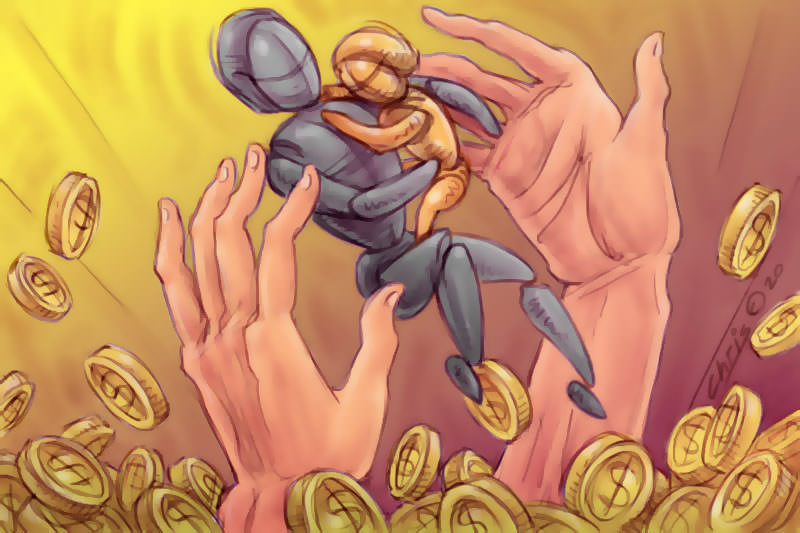
ARTS AND CULTURE
- Tim Robertson
- 21 July 2020
9 Comments
Craftsmanship is a way of seeing and understanding mediated through touch and feel and the body. While the finished product or the stated goal are important, the process — as an act of learning, making mistakes, experiencing both frustration and satisfaction — is equally (if not more) important.
READ MORE 
-

INTERNATIONAL
- Salina Cheung
- 13 July 2020
4 Comments
There is a trend of liberals calling for the West to open its borders to fleeing Hongkongers for economic benefit. It is commendable that these individuals want the West to offer Hongkongers refuge. But to frame this philanthropy in such mercenary terms makes this goodwill suspect: these voices want to capitalise on a traumatic moment of displacement.
READ MORE 
-

ECONOMICS
- Bree Alexander
- 09 July 2020
3 Comments
What then, does the case for full employment look like? This is not just an economic question, but too of having access to a decent wage that allows all people to live a decent life.
READ MORE 
-

AUSTRALIA
- Andrew Hamilton
- 14 May 2020
9 Comments
This period of social distancing and restriction has been called many things, some of them printable. One of the most common has been a time of uncertainty. Uncertainty, however, is not an impediment to life which can be removed by clear and authoritative statements of dates to remove restrictions and get back to work.
READ MORE 
-

AUSTRALIA
What is often not expected or well understood is the effect of ‘lag time’ aftershocks in our regions following economic crisis. Lag time is an attribute of some rural, regional and remote communities and is most often seen in economically path dependent and single industry communities, many of which of course, comprise RRR Australia.
READ MORE 
-

AUSTRALIA
- Andrew Hamilton
- 25 March 2020
33 Comments
To think of life after COVID-19 is daunting. The changes that it has brought to our daily lives have been vertiginous. Our awareness of its potential harm is still limited. We are only beginning to catch sight of the grim beast that slouches towards us threatening death and devastation in coming months.
READ MORE 
-
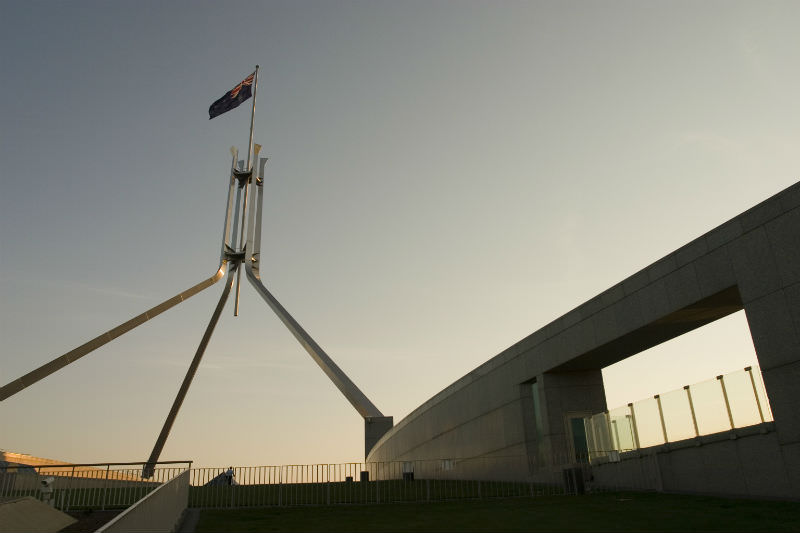
AUSTRALIA
- John Warhurst
- 23 March 2020
20 Comments
COVID-19 brings many tests. Amid the health, economic and financial crises brought about by the pandemic, our greatest test is to conduct ourselves as a robust democracy and to demonstrate that we are a fair society. Neither test will be easy to pass, but we must aim to emerge at the other end as a better society.
READ MORE 
-
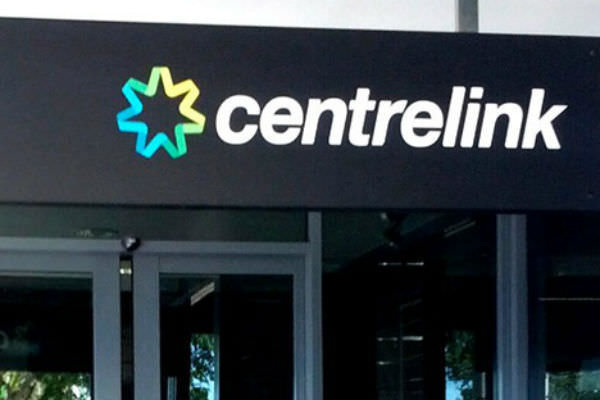
ECONOMICS
- Bree Alexander
- 25 February 2020
2 Comments
After taking account of housing costs, it is estimated that 3.24 million people, equating to more than one in eight people, are estimated to be living below the poverty line in Australia. For children, it is estimated to be one in six.
READ MORE 
-
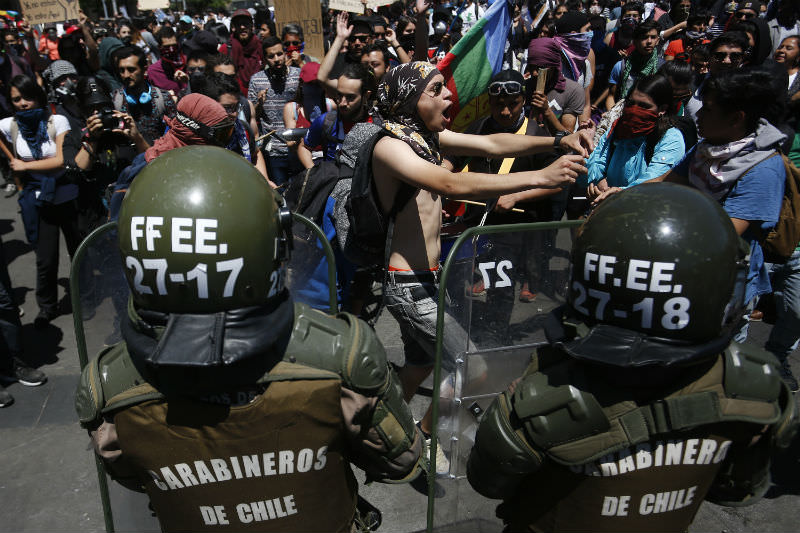
INTERNATIONAL
- Ramona Wadi
- 29 October 2019
5 Comments
For the first time in decades, the mass protests have proved the strength of Chile's collective memory. Pinochet's call for oblivion is defeated; this can be seen in how Chileans demonstrated with full awareness of continuity. They have also testified to their unity with the Mapuche people, all protesting as one against neoliberal violence.
READ MORE 
-

ECONOMICS
- David James
- 21 October 2019
5 Comments
Recognising that financial systems are a human creation rather than natural systems governed by 'capital flows' would be an important step to conceiving a more robust and equitable system. To ask what kind of society we want and only then work out what we want money to do for us is to put the horse back in front of the cart.
READ MORE 
-
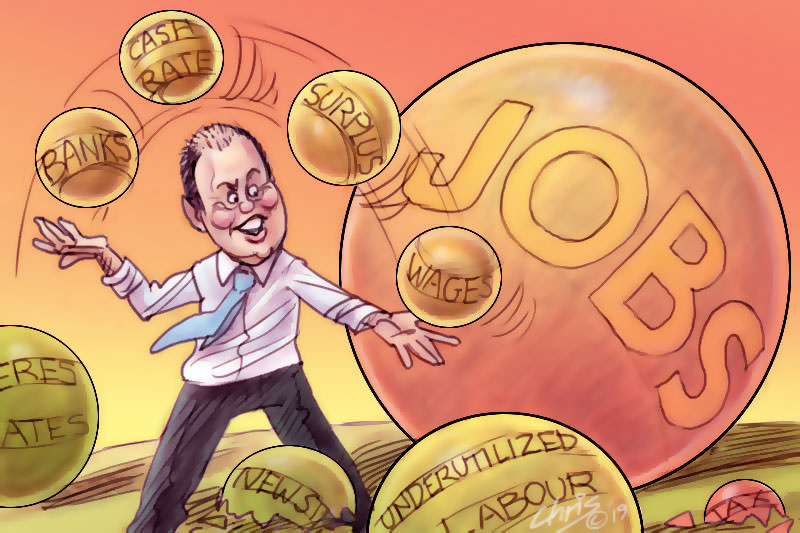
AUSTRALIA
- Joe Zabar
- 18 October 2019
3 Comments
Treasurer Josh Frydenberg's attack on banks for failing to pass on the full rate cut to consumers is a political distraction. There are two clear signals coming out of the latest cut. First, monetary policy is not enough to spark a revival of the economy. Second, it's now all about jobs. Frydenberg and his officials would be wise to heed these signals.
READ MORE 